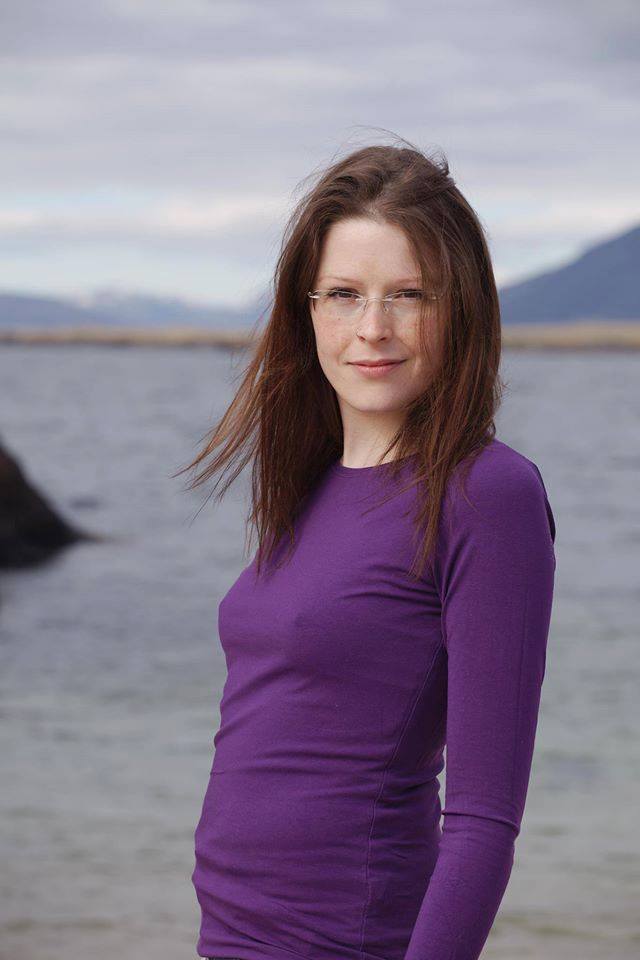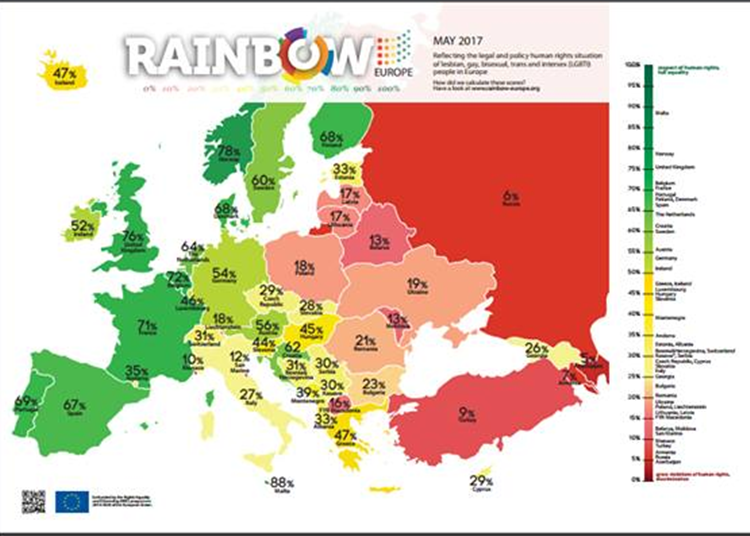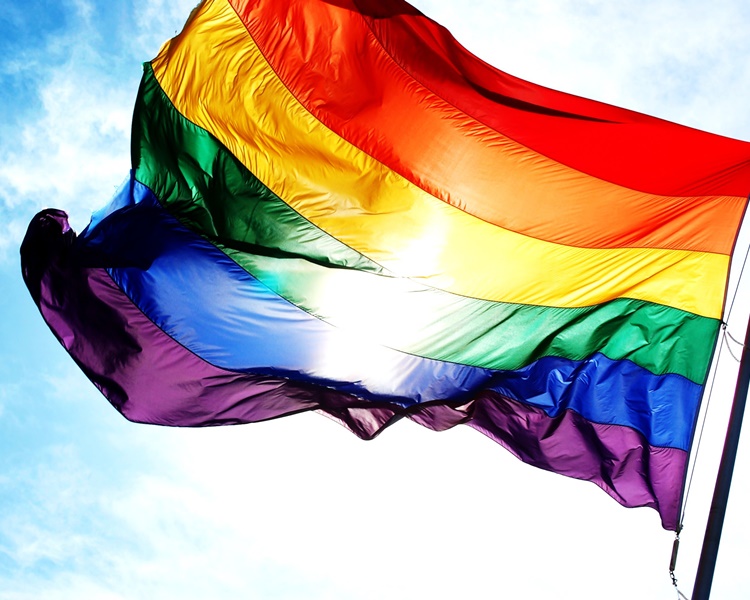For the second year in a row, Iceland has fallen behind other European countries in terms of legal rights and protections for LGBTI people. The 2017 annual review conducted by ILGA-Europe, an international NGO that advocates for the rights of LGBTI people, shows that Iceland has stagnated while other European countries have made advancements in the realm of queer rights.

“This really should not surprise us,” says Kitty Anderson, the International Secretariat for the queer organisation of Iceland, Samtökin ’78, and chairperson of Intersex Iceland.
“Legal reform has been taking place across Western Europe and in the Nordic countries, but also in Germany, Austria, Croatia and in Hungary, and the Balkan states. So they’ve all been going up in the last years. So it really shouldn’t surprise us when there hasn’t really been much legal reform at all that we’re falling behind. We do have full marriage equality here in Iceland, but we still do not have automatic co-parent recognition.
We do have legal provisions so same-sex couples can adopt, but Iceland does not have an adoption agreement with any country that will adopt to a same-sex couple, and adoptions are very rare within in Iceland domestically. So, de facto, gay men can not adopt. Lesbians do have access to fertility treatments,but must go through degrading bureaucratic processes to be both recognised as parents”
Where does Iceland lose points in the report?
“The chapters where we are the weakest would be hate crime and hate speech. We do not have hate crime legislation on any grounds, neither on the grounds of sexual orientation, gender identity, or on the grounds of sex characteristics. In equality and non discrimination we were in 35th place out of 42 European countries in 2015 and have not improved in 2016.
We also slid down in the area when it comes to asylum. Sexual orientation is not mentioned anywhere within Icelandic legislation that applies to refugees or asylum seekers. There was one act of positive measures taken in 2015 when four gay men and one trans woman came to Iceland. But through the refugee system we haven’t seen a continuation of that.”
“Iceland has not really done much in the last seven years. Except for the recent trans legislation that was introduced in 2012. However, that trans legislation was severely outdated as soon as it was signed into law.”
Why has Iceland lost points in these areas?
“The weighting has changed slightly, but the main reason is that other countries have actually been doing something, whereas Iceland has not really done much in the last seven years. Except for the recent trans legislation that was introduced in 2012. However, that trans legislation was severely outdated as soon as it was signed into law. It mandated an official gender identity disorder diagnosis, as well as twelve months real life experience. It then mandated a further six months of hormone treatment before accessing legal gender recognition and name change.”
Why do you think Iceland has failed to advance at the same rate as other countries?
“After marriage equality, there came some complacency. Marriage equality was here, and then people didn’t really think about the bigger picture of equality and anti-discrimination, hate crime and hate speech, asylum issues, and issues that pertain specifically to trans and intersex people. Also, Iceland historically hasn’t had much anti-discrimination legislation on any grounds.”
Should LGBTI people living in Iceland be concerned about the results of this report?
“It depends on how you look at it. These are protections that just should be in place. Most people in Iceland would consider it preposterous that you can discriminate on any of these grounds. That doesn’t mean that all Icelandic people feel that way. Especially equality and non-discrimination and hate crime and hate speech, we at Samtökin get various informal complaints brought to us where we get information about things taking place. So we know that there are things going on which are basically unmeasurable because there is no legislation in place that gives access to mechanisms where you can actually complain properly.”

How much do you think Iceland’s treatment of asylum seekers has influenced its ranking?
“We used to have two solid points there and lost them purely do to the fact that we have no knowledge of any positive measure that was taken in 2016. Every queer asylum seeker who has come to Iceland that has contacted us is either still here waiting or has been deported. There isn’t any positive story this year when it comes to queer asylum seekers.”
Do you anticipate Iceland continuing to fall in these rankings in the future?
“Iceland has solid and good opportunities not to do so. When it comes to equality and non-discrimination there were recently two bills introduced that would cover the majority of the equality and non-discrimination points that Iceland actually needs. One of them was just for the workplace and covered sexual orientation and gender identity. The other was a general anti-discrimination bill and covered race and ethnicity. Iceland had a perfect opportunity to install legislation that addressed discrimination by just expanding the ground on both bills to encompass what is needed to have good, solid anti-discrimination and equality legislation here.
In the latest United Nations universal periodic review, Australia issued recommendations that Iceland install anti-discrimination legislation for intersex people. Iceland accepted this recommendation but didn’t include it in the bill. It’s an interesting approach to fulfilling your UN obligations to not implement these recommendations that you formally accepted.”
For more on Iceland’s status, you can read the full report here.


